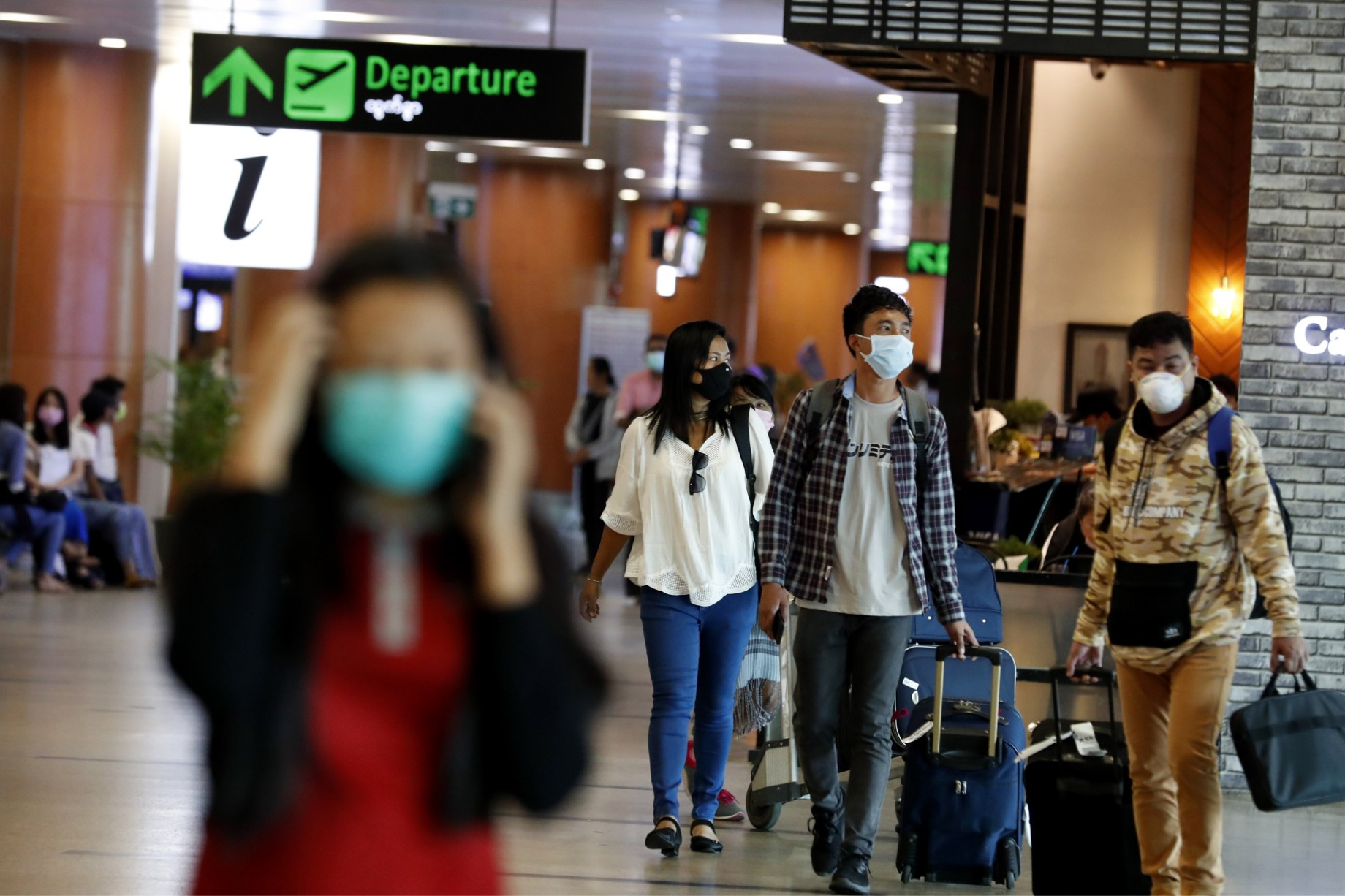CNI News
7 August 2022
Urging ethnic armed groups to resolve ethnic right issues at parliament raised false hopes, Rakhine Politician U Pe Than told the CNI.
Senior General Min Aung Hlaing told an SSPP delegation on 4th August that the parliament was the highest political body in a democracy and ethnic groups were required to participate more in the parliament to demand their rights in accordance with the law.
U Pe Than told the CNI, “Even during the tenure of the National League for Democracy, a so-called democratic party, the parliament did not function properly. Everything was decided by the government. Every motion tabled by ethnic parties was rejected or neglected and budget allocations for ethnic states were meagre. Urging EAOs to discuss the issue of ethnic rights at the parliament during the terms of a semi-military government that will emerge from the proportional representation system raises false hopes. When a government that is clinging to the military dictatorship is in power, there is no way to guarantee ethnic rights. Even if they are willing to do so, they will give minor rights to ethnic peoples.”
At the same time, the upcoming parliament would not be supported or recognized by the people, he added.
The union parliament in progress in March, 2006.
One of EAO leaders, Col Khun Okkar of the PNLO told the CNI that reserving 25 percent of seats at the parliament for the military was against the principle of democracy and ethnic rights could not be guaranteed under such circumstances.
Col Khun Okkar said, “Frankly speaking, it can be said that parliaments under successive governments including during the term of U Nu, U Ne Win and U Thein Sein were not parliaments under democracy. So, reserving 25 percnet of seats at the parliament for the military is completely contrary to democratic principles. At the same time, the remaining 75 percent of the seats are overwhelmed by the winning influential party. As a result, ethnis parties and their representatives have no say in the parliament. So, there is no way to demand to ethnic rights in the parliament. There are no rights for ethnic groups under the 2008 constitution.”
However, it was learnt that some leaders of ethnic armed groups are serving as candidates, representatives and the speaker of the parliament.
As a result, ethnic leaders felt that their rights were restricted at the parliament, where the powerful took upperhand and opted for armed struggle.




